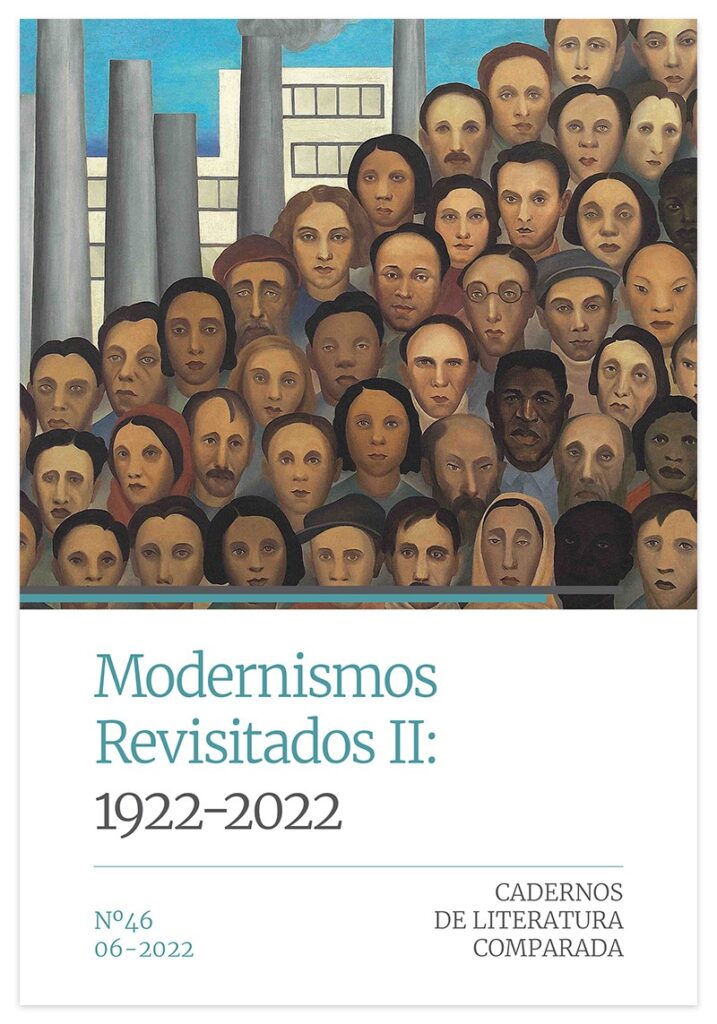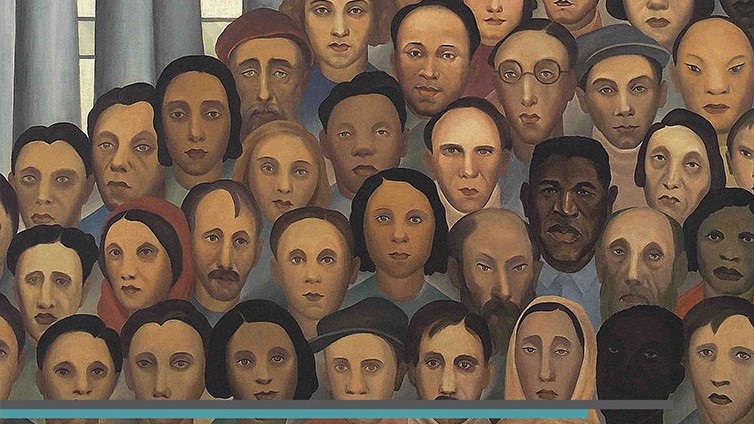The 46th number of Cadernos de Literatura Comparada – entitled Modernismos Revisitados II: 1922-2022 -, organized by Joana Matos Frias, João Paulo Guimarães, Daniel Floquet and Ivana Schneider, is now online.
As Douglas Mao recalls in his recent collection on new perspectives and directions in modernism studies, The New Modernist Studies (Cambridge UP, 2021), until recently, researchers in this field viewed the cultural and aesthetic movement in question as a phenomenon. predominantly European. In recent decades, this assumption has been questioned, with several critics claiming that neither modernism nor modernity itself took place exclusively in Europe and North America. In this way, scholars of modernism today speak of a “planetary” or “global” modernism, thus taking into account the fact that other parts of the world, despite not having been directly involved in World War I, still went through and had to respond to phenomena of social transformation, such as the rapid process of industrialization and urbanization, workers’ contestation and the expansion of mass culture, events that impacted the way intellectuals and artists think and represent reality.
The present volume thus intends to contribute to the expansion of studies on modernism to an extra-European panorama. In 2013, Cadernos published an issue entitled Modernisms Revisited: 1912-2012 for this purpose, on the occasion of the centenary of the Poetry and Georgian Poetry magazines. This year, the Institute of Comparative Literature Margarida Losa once again decided to highlight another important date for modernism: the centenary of the Week of Modern Art in São Paulo, consensually celebrated as one of the great events of Brazilian art and literature and considered the founding milestone of this movement in Brazil. However, it should not be ignored that modernism, as a renewing force of the arts in the first twenty years of the last century, has, in Brazil and in the world, characteristics that precede the Week and go through it, going through new transformations afterwards. Thus, there is still a need to reflect on the Week in the light of its relationship, for example, with the European avant-gardes, or even with other defining events of modernism, which took place around 1922.
You can consult the publication here.



